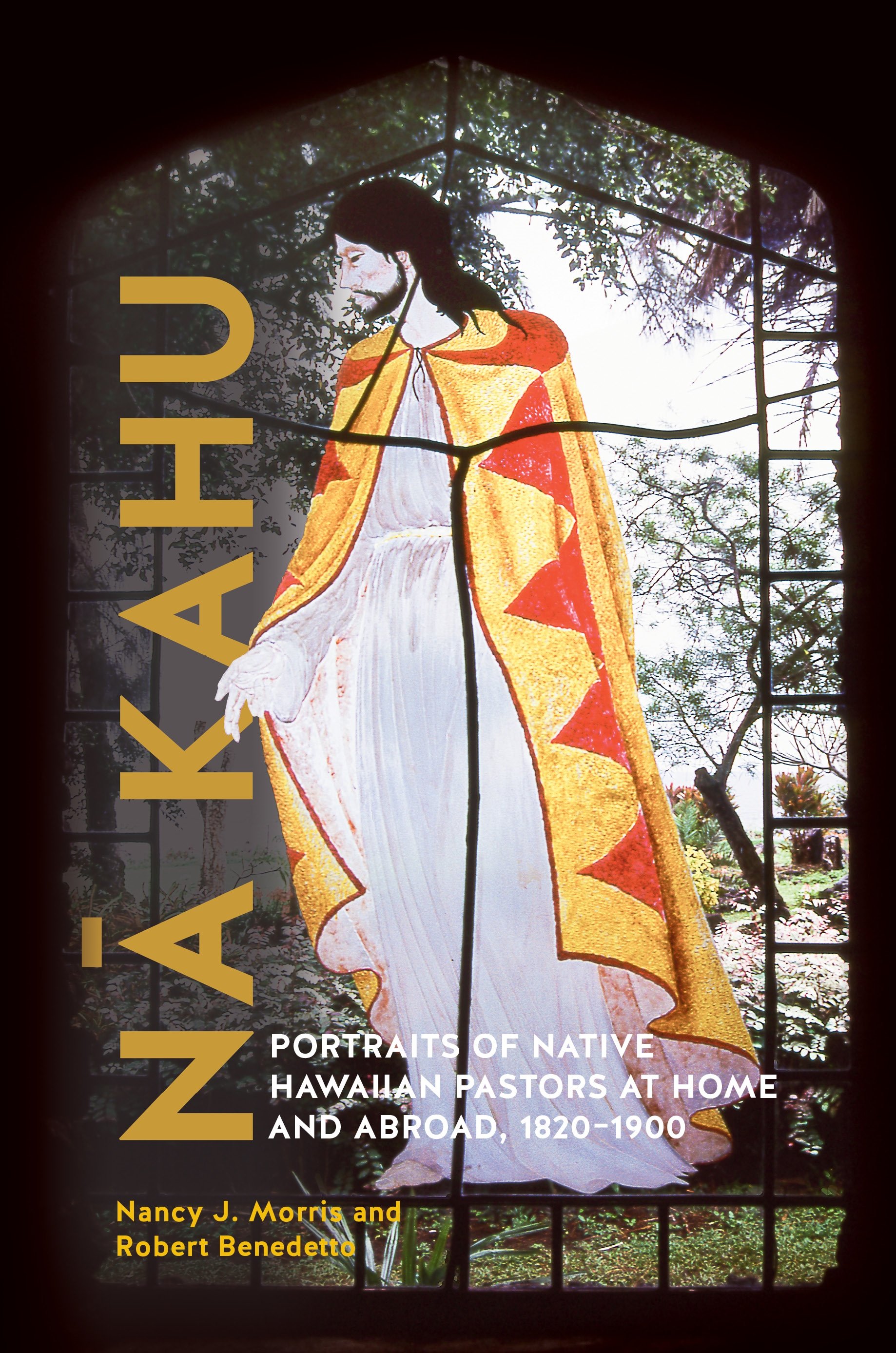Nā Kahu
Tracing the lives of some two hundred Native Hawaiian teachers, preachers, pastors, and missionaries, Nā Kahu provides new historical perspectives of the indigenous ministry in Hawai‘i. These Christian emissaries were affiliated first with the Ame...
Read more
Tracing the lives of some two hundred Native Hawaiian teachers, preachers, pastors, and missionaries, Nā Kahu provides new historical perspectives of the indigenous ministry in Hawai‘i. These Christian emissaries were affiliated first with the American Board of Commissioners for Foreign Missions, and later with the Hawaiian Evangelical Association. By the mid-1850s literate and committed Hawaiians were sailing to far reaches of the Pacific to join worldwide missionary endeavors. Geographical locations ranged from remote mission stations in Hawai‘i, including the Hansen’s disease community at Kalaupapa; the Marquesan Islands; Micronesia; fur trade settlements in Northwest America; and the gold fields of California. In their reports and letters the pastors and missionaries pour out their hopes and discouragements, their psychological and physical pain, and details of their everyday lives. The first part of the book presents the biographies of nineteen young Hawaiians, studying as messengers of Christianity in the remote New England town of Cornwall, Connecticut, along with “heathen” from other lands. The second part—the core of the book—moves to Hawai‘i, tracing the careers of pastors and missionaries, as well as recognizing their intellectual and political endeavors. There is also a discussion of the educational institutions established to train an indigenous ministry and the gradual acceptance of ordained Hawaiians as equals to their western counterparts. Included in an appendix is the little-known story of Christian ali‘i, Hawaiian chiefs, both men and women, who contributed to the mission by lending their authority to the cause and by contributing land and labor for the construction of churches. The biographies reveal the views of pastors on events leading to the overthrow of the Hawaiian Kingdom, which brought about great divisions between the haole and Hawaiian ministry. Many Hawaiian pastors who sided with the new Provisional Government and then the Republic, were expelled by their own congregations loyal to the monarchy. During the closing years of the century, alternate forms of Christianity emerged, and those pastors drawn to these syncretic faiths add their perspectives to the book. Perhaps the most illuminating biographies are those in which the pastors give voice to a faith that blends traditional Hawaiian values with an emerging ecumenical Christianity.
Less
